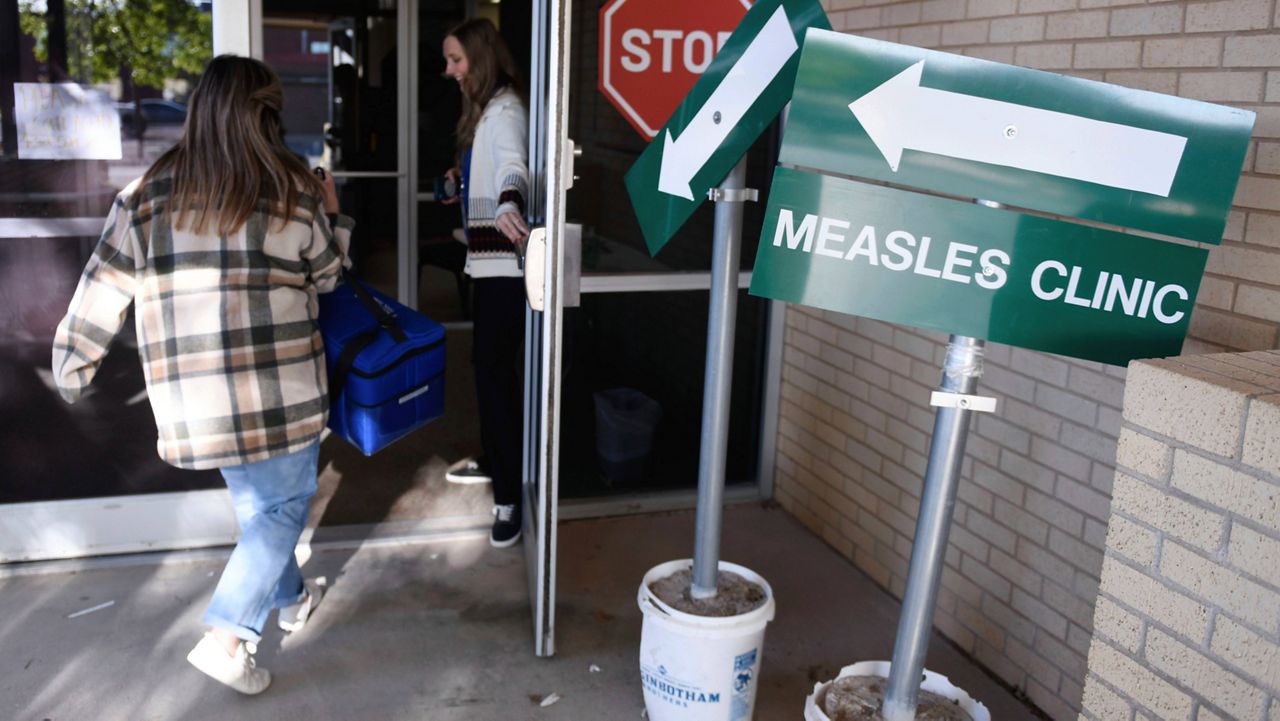SACRAMENTO, Calif. — Many incarcerated Californians face a difficult financial decision: Do they purchase food or medication?
What’s played a role in incarcerated people having to make this difficult decision is the California Department of Corrections and Rehabilitation (CDCR) currently marking up items in prison canteens by 65% of their wholesale value.
However, that could soon change, as a bill sitting on Gov. Gavin Newsom’s desk targets these heavy markups. Senate Bill 474, spearheaded by Sen. Josh Becker, would cap price markups at 35% of the wholesale value for the next four years.
Alesha Monteiro’s husband is currently in prison and recently got a job that pays $1 an hour. It takes him multiple days of work to afford items available at canteens.
“I have four kids. I have a husband who’s incarcerated and he won’t ask me for stuff, but you want to make sure that your person is taken care of. The punishment is that he’s in prison. It’s not to starve him,” Monteiro said.
But Monteiro’s husband makes considerably more than other inmates, as the minimum wage in California prisons is 8 cents per hour.
The revenue generated from prison canteens goes into the Prisoner Welfare Fund, which is used to support rehabilitation programs, education and recreational activities for incarcerated individuals.
According to an Impact Justice report, 60% of formerly incarcerated people surveyed said they could not afford items sold in canteens. Many cited having to choose between buying food or essential health products.
“I saw a bottle of soap for like $9 and it hit me that normally I just get it and don’t think about it and I stopped and went to Wal-Mart and Target and looked and the soap was like three bucks so we’re just getting hit everywhere,” Monteiro shared.
Isa Borgesen with the Ella Baker Center for Human Rights says they originally were pushing to eliminate the price markups through SB 474, but accepted amendments to have markups lowered to 35%.
“We weren’t able to get there. We took compromises and tried to create the best chance at being able to get signed knowing that California is in a difficult financial year and that we’re facing a budget deficit,” Borgesen said.
It’s helping families like Monteiro’s that Borgesen says makes the bill essential for the governor to sign.
“If we reduce markups on these essential goods, we’ll relieve the economic burden on mostly Black and Brown low-income families across the state who are trying to support their loved ones inside,” Borgesen said.
Newsom has until October 14 to sign or veto SB 474.











